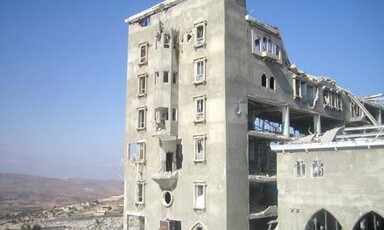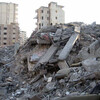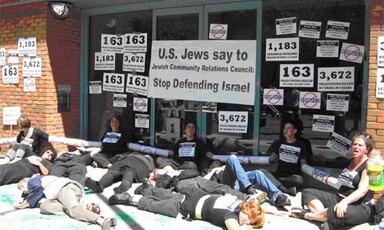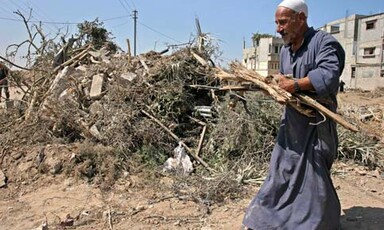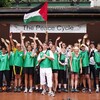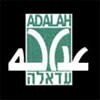
Objections to plans to confiscate Arab-cultivated land in northern Israel
2 September 2006
On 21 and 28 August 2006, Adalah submitted two objections on behalf of 19 Arab farmers from the north of Israel to Local Master Plans G13449 and HBG/1237 to the Haifa and Northern Planning and Building Committees. The plans demarcate an area of land cultivated by Arab farmers in and around the area of Wadi al-Malak to be confiscated, with the stated goal of creating a man-made forest in the area, called the “Kiryat Ata Forest” in the plans. Adalah demanded that the committees conduct a thorough examination of the facts on the ground in the area, and to withdraw the plans. Read more about Objections to plans to confiscate Arab-cultivated land in northern Israel


